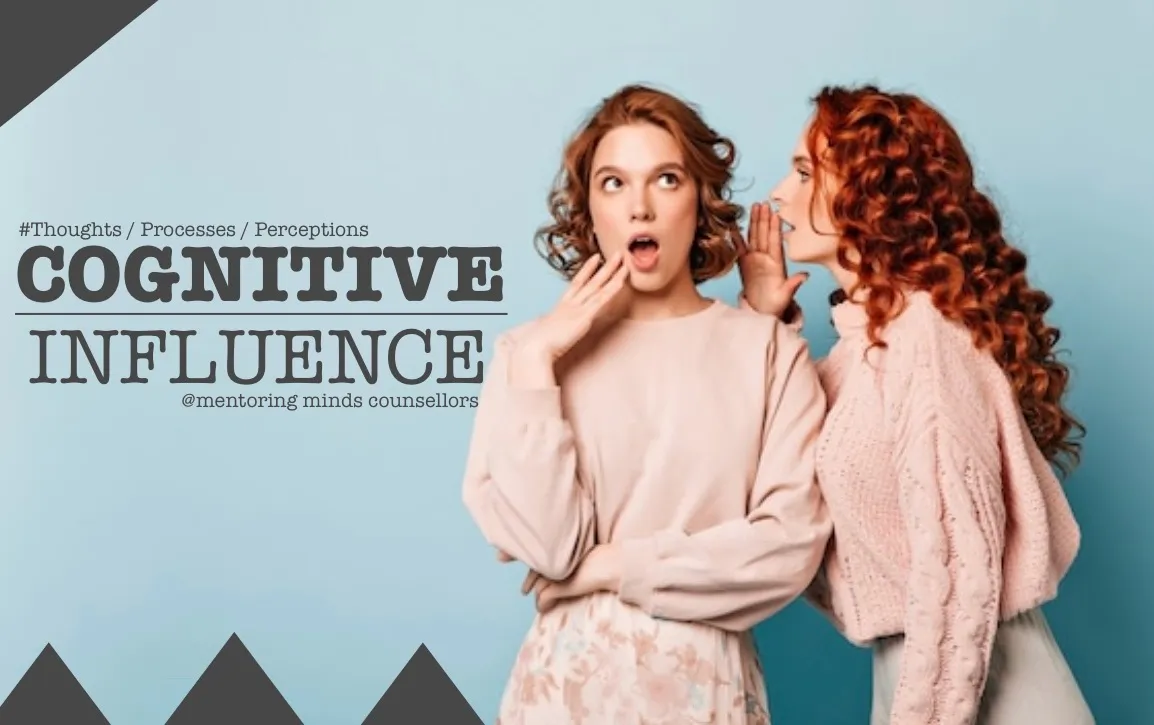You know when we hear about the word trust, we probably think of relationships with people, brands, leaders, or even systems like artificial intelligence. But have you ever stopped to wonder why you trust something or someone? What’s happening in your mind that gives the green light to trust?
That’s where cognitive influence comes in. It’s a subtle, powerful force that helps shape the way we think, feel, and act especially when it comes to trust.
So, What Exactly Is Cognitive Influence?
At its core, cognitive influence refers to the way our thoughts, perceptions, biases, and mental shortcuts that affects our decisions and behavior. It’s like an invisible hand nudging our brains in certain directions based on the way we process information.
Think of it this way: we don’t view the world through a clear lens it’s more like tinted glasses that change based on our past experiences, beliefs, emotions, and the information we’re exposed to. Cognitive influences are what tint those glasses.
What are some of the common examples of cognitive influence?
- Confirmation bias – where we seek out information that confirms what we already believe.
- Anchoring bias – where we rely too heavily on the first piece of information we receive.
- Framing effect – where the way something is presented that affects our decision.
What is the Connection Between Cognitive Influence and Trust?
Trust isn’t just a logical decision; it’s deeply psychological. We like to think we trust based on facts, but in reality, our trust is often shaped by our mental filters our cognitive influences.
But, how that plays out?
1. First Impressions Set the Stage
If you meet someone who smiles, maintains eye contact, and speaks confidently, your brain takes those cues and starts to build trust often within seconds. This is partly due to the halo effect, where one positive trait leads us to assume other positive qualities. That’s cognitive influence at work.
2. Familiarity Breeds Trust
Ever noticed how you’re more likely to trust a brand you see often, even if you’ve never used it? That’s the mere exposure effect. Just being exposed to something repeatedly can increase your trust in it not necessarily because it’s better, but because it feels familiar and safe.
3. Emotions Cloud Judgment
Our emotional state can deeply influence trust. When we’re anxious or fearful, we’re less likely to trust others our brain is in self-protection mode. On the other hand, feeling understood or valued boosts oxytocin levels and strengthens our sense of trust. These emotional responses are all filtered through cognitive processes.
4. Past Experiences Shape Future Trust
If someone betrayed your trust in the past, your brain remembers that and uses it as a mental shortcut the next time you’re in a similar situation. This isn’t about holding grudges it’s your brain trying to protect you. It’s also why rebuilding broken trust is so hard: you’re fighting against ingrained cognitive patterns.
Final Thoughts
We at Mentoring Minds Counsellors understand that Trust isn’t just about facts or feelings it’s a dance between both, choreographed by the cognitive forces in our minds. By learning more about cognitive influence, we get better at seeing the dance for what it is and at choosing how we move forward.


Leave a Comment